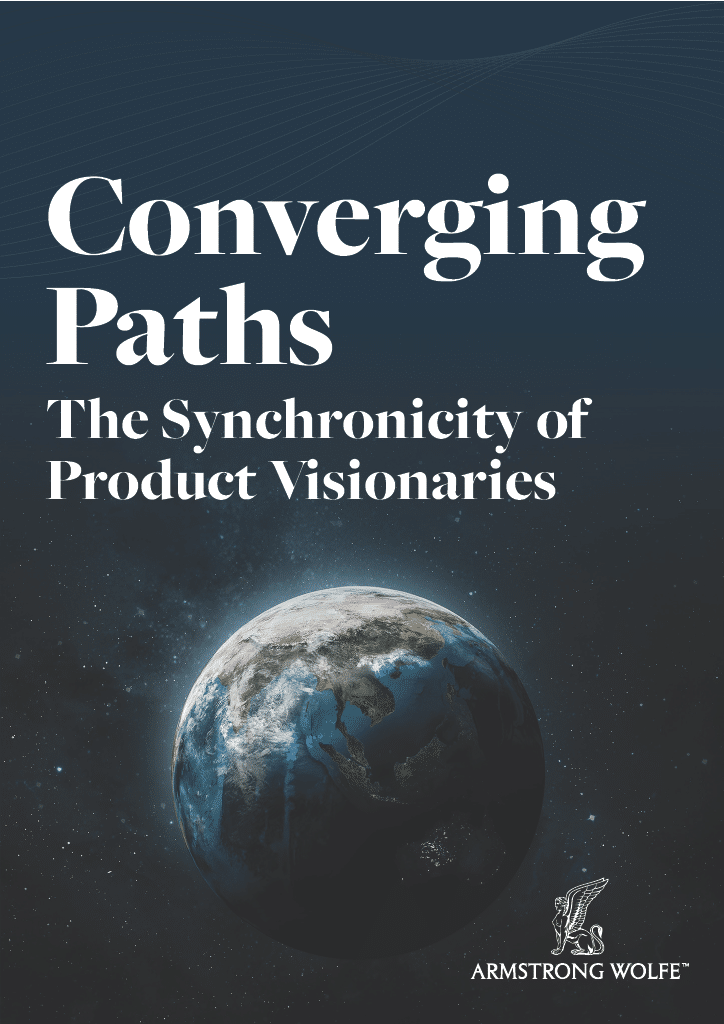Collective Thought: Buy and Sell Side COO Roundtables and Debates, New York, March 16 and 17, 2022
Attendees:
36 COOs and executives from the office of the COO from 29 banks and asset managers. The first face-to-face New York round tables for the International COO Community (iCOOC) since February 2020.
Executive Summary:
The subject of non-financial risk (NFR) is high on the COO agenda, as the industry exits one crisis (the pandemic) and enters another (the Russia-Ukraine conflict). Whilst very different in nature and impact, both fall within NFR, where an organisational and industry commitment to horizion scanning would have had the industry better prepared for both. The conclusion of both evenings was that whilst bankers and asset managers had largely shown themselves in a positive light in their response to the unique challenges presented by the pandemic and were prepared through previous experience for the sanctions imposed on Russia, not enough time is spent on emerging risk identification. It was broadly acknowledged that time dedicated to this task is notional, 2 to 3%, or as one COO noted ‘passing thoughts in the shower’.
Aligned to this acknowledgement, preparedness in crisis management, and in developing a mindset that is trained for crisis as opposed to managing business as usual, was seen as an area of investment that would be a valued contribution to an organisation’s operational resilience.
Present at the debates was Control Risks, a global crisis management consultancy that has worked closely with Armstrong Wolfe since the outbreak of the pandemic. Ammi Small, Principal – Crisis and Security Consulting at Control Risks, outlined in response that such training would deliver a crisis management leadership framework, supported by procedures and protocols, enabling an organisation to more effectively manage and limit the impact of a crisis from its outset. “Knowing your position, your principle responsibilities, who deals with what and who to call, would enable a smooth transition into crisis management mode,” commented a COO Americas for Banking and Markets. “Something we have not done to date, relying more on instinct and the managerial chain of command to expedite a response, which has its place but also its limitations.”
It is a fair point to make that how best to manage NFR in an increasingly integrated and complex world is a point of debate as opposed to contention. As NFR challenges are largely non-proprietary in nature, and with the design and execution of NFR to support and direct risk decisions an emerging point of industry-wide deliberation, it offers an opportunity for cross-industry collaboration. The discussion is presently centred on defining the NFR taxonomy and the organisational realignment in moving NFR from a decentralised, judgement-based assessment to a centralised data, judgement and hollistic based evaluation.











